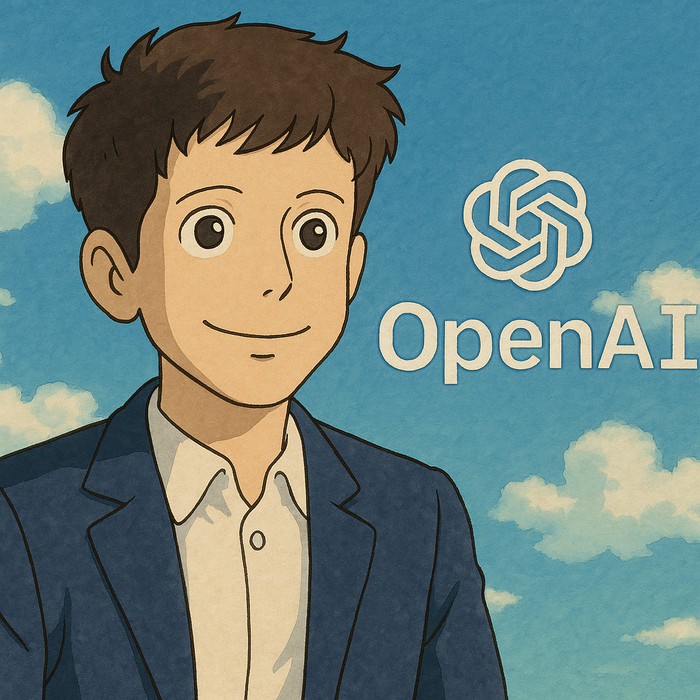OpenAI’s release of a new image generation feature this week—“Images for ChatGPT”—has created both viral sensation and mounting controversy. What began as an innocent flood of Studio Ghibli-style memes and reimagined photos has quickly spiraled into a full-blown debate about copyright infringement, artistic integrity, and AI’s unchecked power.
The chaos erupted after users began using OpenAI’s tool to generate images in the signature style of Studio Ghibli, the legendary Japanese animation studio behind beloved films like Spirited Away and My Neighbor Totoro. Memes, public figures, and even historical moments were "Ghibli-fied," including scenes as sensitive as 9/11 and JFK’s assassination.

Even OpenAI CEO Sam Altman joined in, temporarily replacing his profile picture with a Ghibli-style self-portrait. The White House's X account also posted a stylized image of a detained immigrant—an action that drew swift backlash.
But within days, what felt like a creative celebration turned sour. Critics slammed OpenAI for appropriating the distinctive art style of Ghibli’s founder, Hayao Miyazaki, without consent. Miyazaki, known for his devotion to hand-drawn animation and vocal skepticism toward AI, became a symbol for the fight against what many see as artistic exploitation.
OpenAI responded by blocking Ghibli-style prompts and instituting limits on free-tier image generation. Altman joked that servers were “melting” under the demand, but the backlash only intensified. While free users were locked out, Business Insider found that paid users could still generate Ghibli-like images, raising concerns about inconsistencies and ethics.
The backlash also resurrected broader concerns about intellectual property in AI. Ed Newton-Rex, CEO of Fairly Trained, called the incident a "takeoff moment for AI protests." He compared it to last year’s Scarlett Johansson controversy, where the actor accused OpenAI of mimicking her voice in a chatbot without permission.
Now, OpenAI faces growing pressure amid a wave of lawsuits from artists, musicians, and media outlets who allege their work was scraped to train AI models without consent. The Ghibli incident has galvanized artists, with Newton-Rex warning that “outrage will only grow” as AI’s reach expands across industries.
Klarna CEO Sebastian Siemiatkowski voiced concern too, noting the tool had already “wiped out” some smaller companies and posed “serious implications for countless jobs” in the creative sector.
But beyond the outrage over Ghibli-gate lies a deeper, more urgent warning for America.
While U.S. innovators and lawmakers grapple with AI’s domestic impact, China is rapidly scaling its own AI ecosystem—often without regard for copyright or ethical norms. Chinese tech firms, many state-linked, are known to replicate Western technologies at lightning speed and deploy them globally, challenging U.S. tech leadership and even harvesting data from American users.
The chaos surrounding OpenAI’s latest release is not only about protecting artists—it’s about national security. As American creativity and AI development clash in the courts and public discourse, China stands ready to exploit the gaps, both in policy and in trust. It’s not just about who builds the best tools, but who controls the future narrative of technology.
Americans must stay vigilant. When AI is misused or unregulated, it not only threatens art—it opens the door for adversaries to shape our culture, economy, and sovereignty.